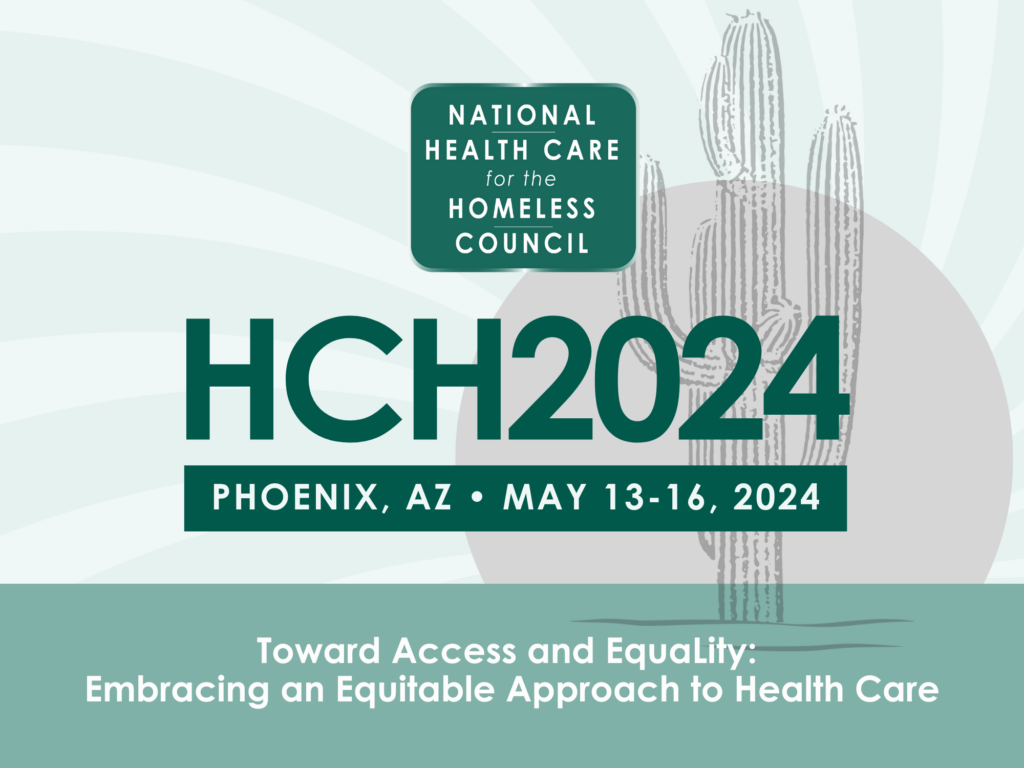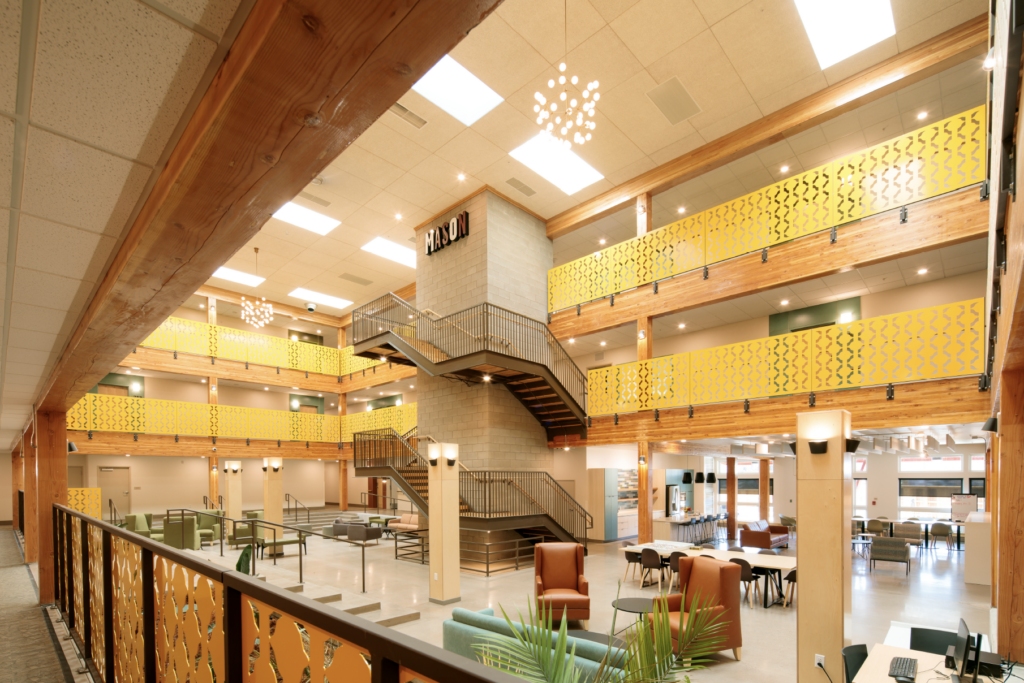Addiction and Medical Respite Care
Speakers: Raven Scrivner, Interfaith Works; Carol Benner, Boston Health Care for the Homeless Program; Meg Martin, Interfaith Works; Elizabeth Yearsley, Boston Health Care for the Homeless Program; Joanna D’Afflitti, Boston Health Care for the Homeless Program; Hannah Matheson Session Materials: CAT presentation NHCHC final.pptx Challenging Behaviors ppt NHCHC.pptx REST NHCHC 2024.pptx HCH2024 slides.pptx
Addiction and Medical Respite Care Read More >>




